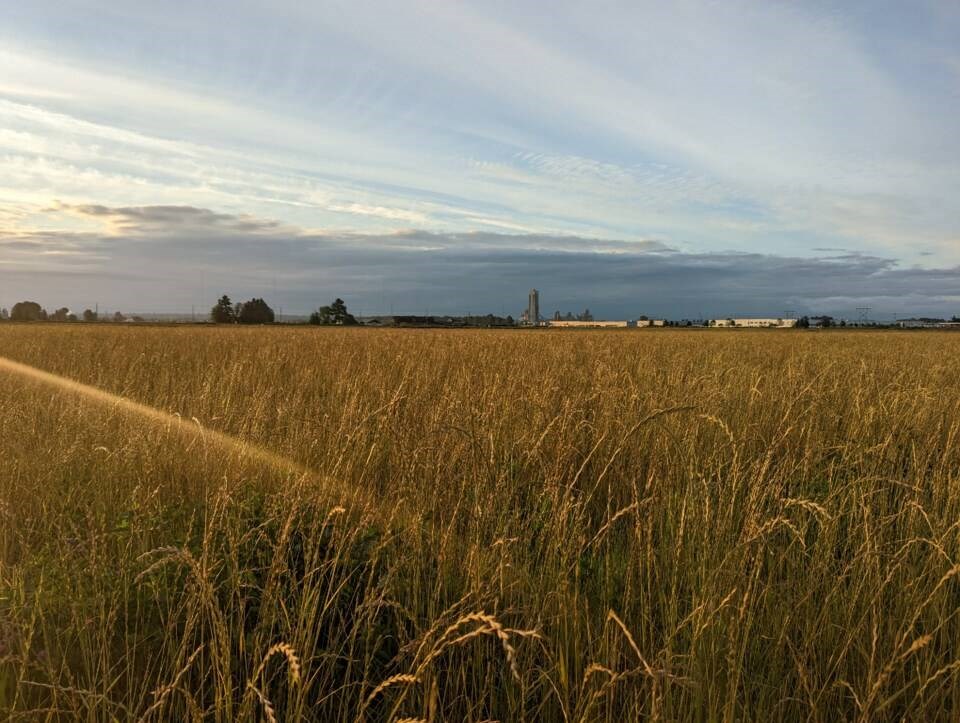Council has OK’d a $50,000 contribution to the Delta Farmland and Wildlife Trust so that the group can continue protecting farmland and wildlife.
Delta politicians approved a recommendation to provide the funding each year, for the next four years, at its Sept. 25 meeting.
The support follows a previous four-year period in which the wildlife trust received the same yearly amount.
In the most recent 2022-23 fiscal period, the $50,000 helped pay for programs that set aside areas for grassland, protected soil by planting winter cover crops, and helped farmers deal with the effects of waterfowl grazing during the winter. During this year’s Day at the Farm on Westham Island, also hosted by the trust, about 5,500 people attended, which was a new record.
Combined with funding from other sources, the trust was able to set aside temporarily 388 acres for grassland and about 4,000 acres for winter cover crops and 581 acres for forage enhancement.
The Grassland Set-aside Stewardship Program improves soils and provides wildlife habitat by temporarily removing fields from production and seeding them with grass or legumes, and then allowing the fields to rest from between one and four years. Two benefits then result, improved soil for farming and more wildlife habitat. Farmers are paid $400 for each acre in the program, although that was increased in 2023-2024 to $500 an acre.
The Winter Cover Crop Program entails planting bare fields with crops that protect the soil from winter rains and wind. Such crops also enhance rainwater infiltration into the soil rather than draining into ditches.
Forage enhancement involves helping farmers overseed and reseed their fields in the spring to help them recuperate from winter grazing by waterfowl.
Coun. Alicia Guichon said the wildlife trust is a unique program in the Lower Mainland.
“It’s hugely important and getting more important, the work that they’re doing to help with conservation efforts, wildlife, in tandem with our farmers,” she said.
Coun. Rod Binder added that at the UBCM recently, an Abbotsford city councillor spoke to him about the program.
“We’re a bit of the envy of the other farming communities, so I think, well done,” he said.
During 2022-2023, the wildlife trust did several studies, including surveys on bird breeding, as well blue heron and raptor studies in the grassland set aside areas. Two other surveys focused on waterfowl and on vegetation of winter cover crops.



